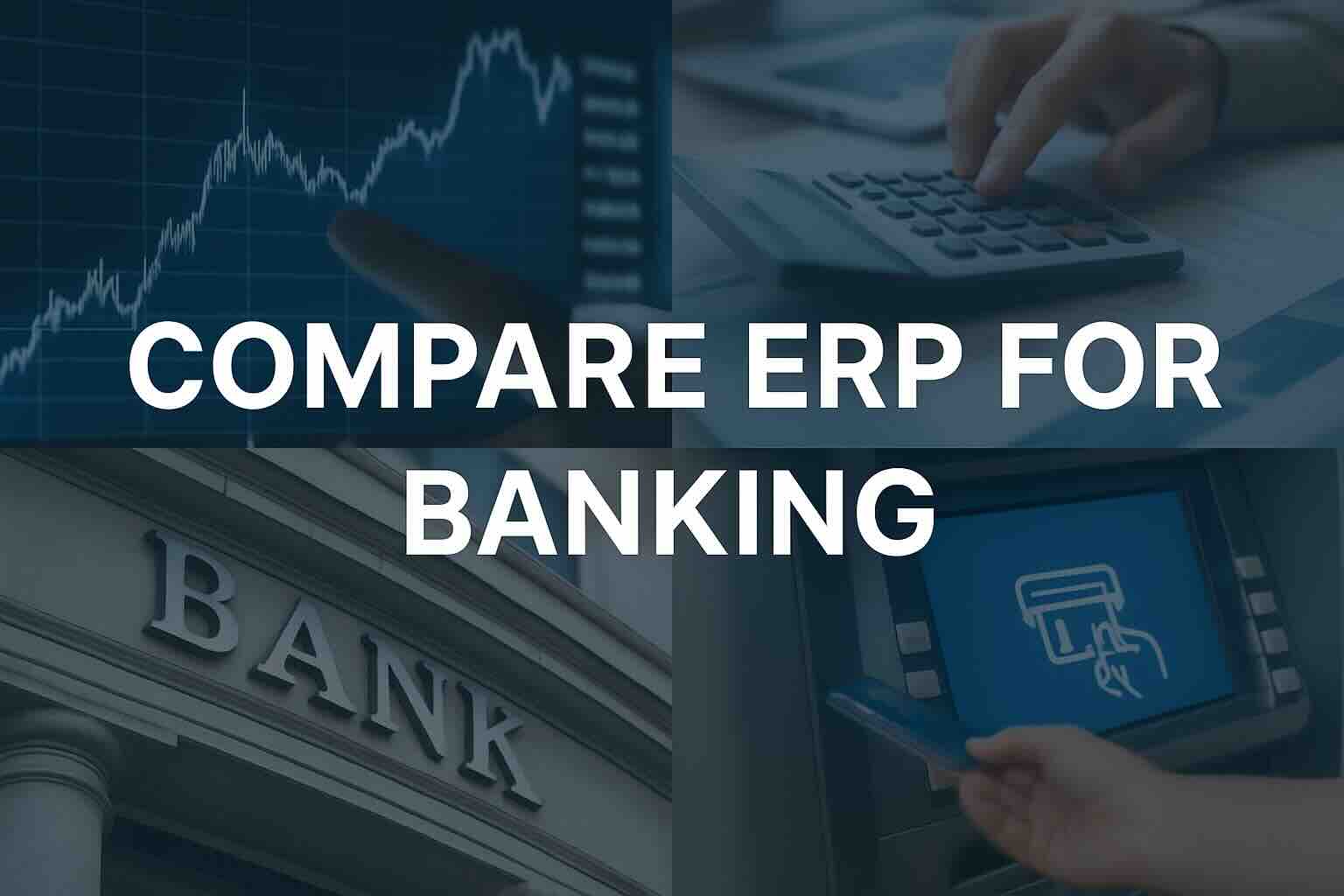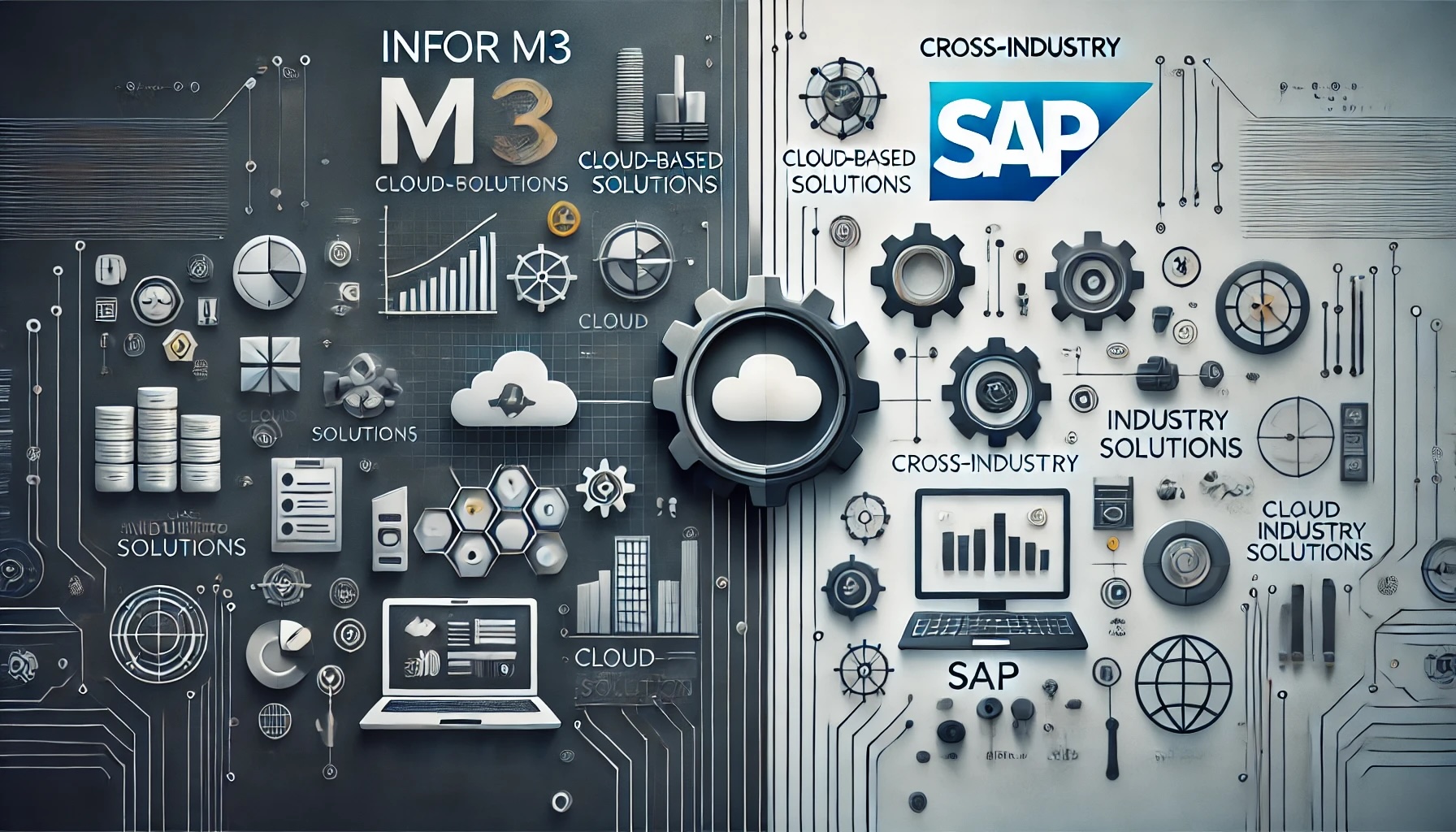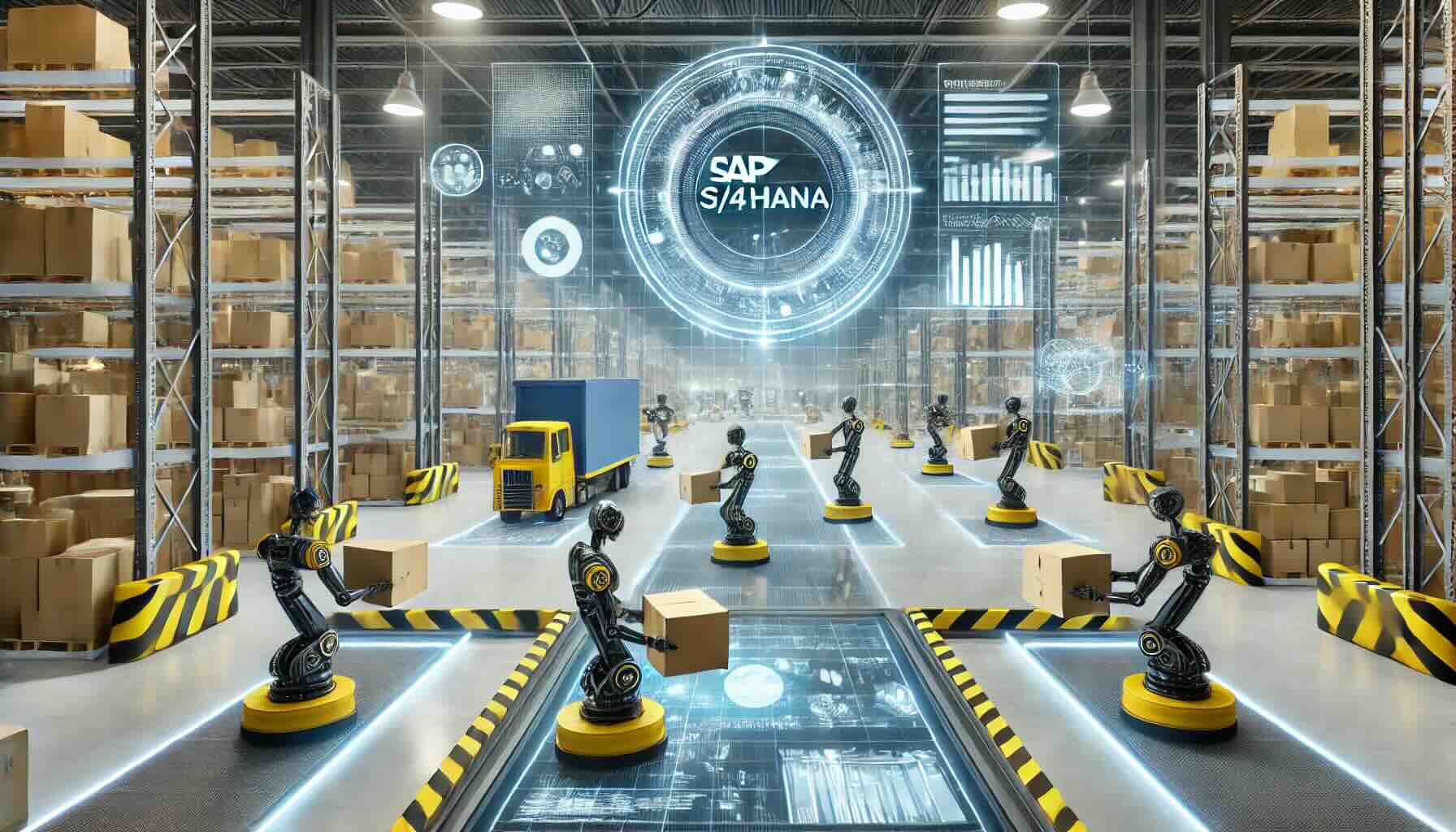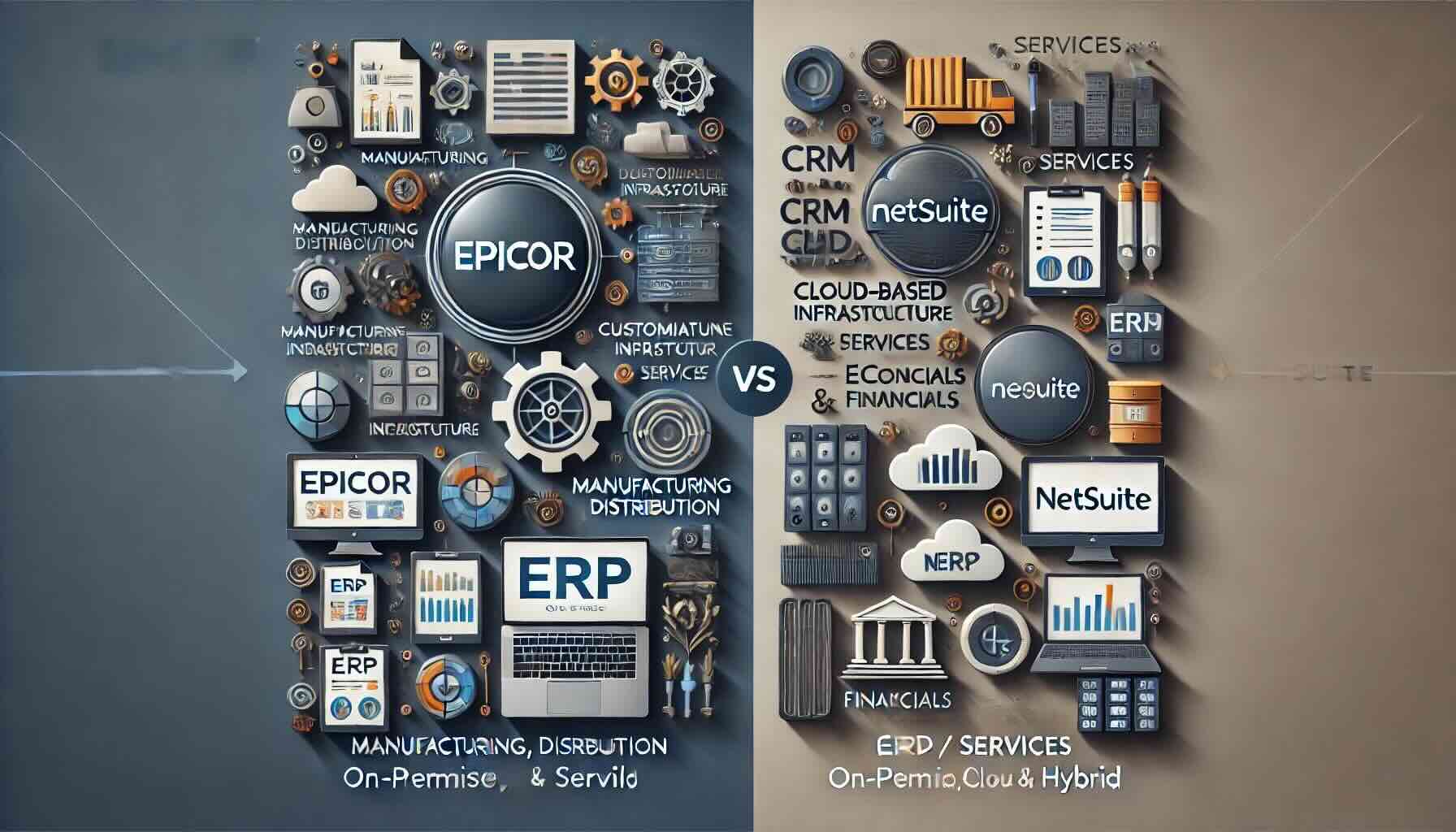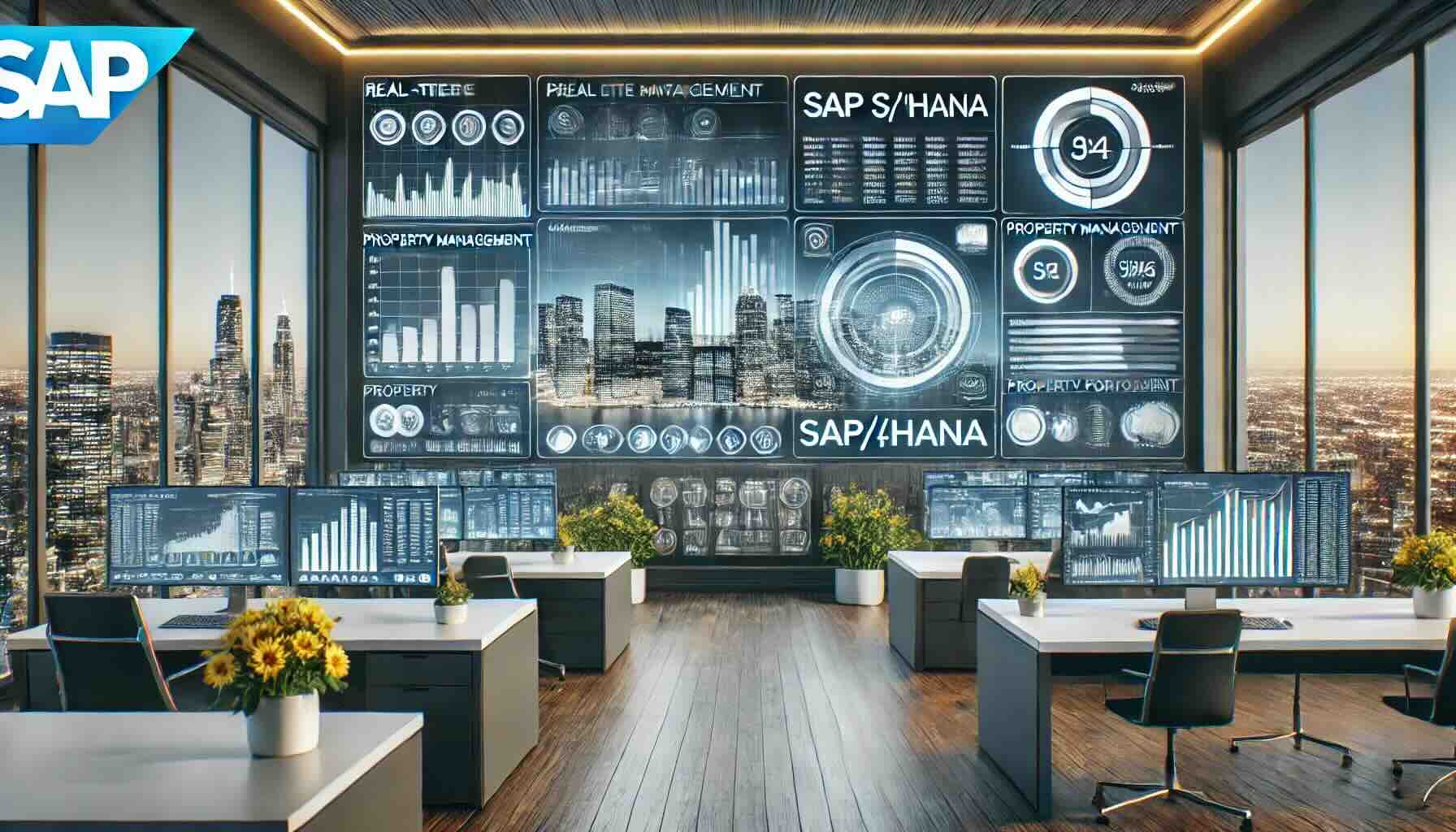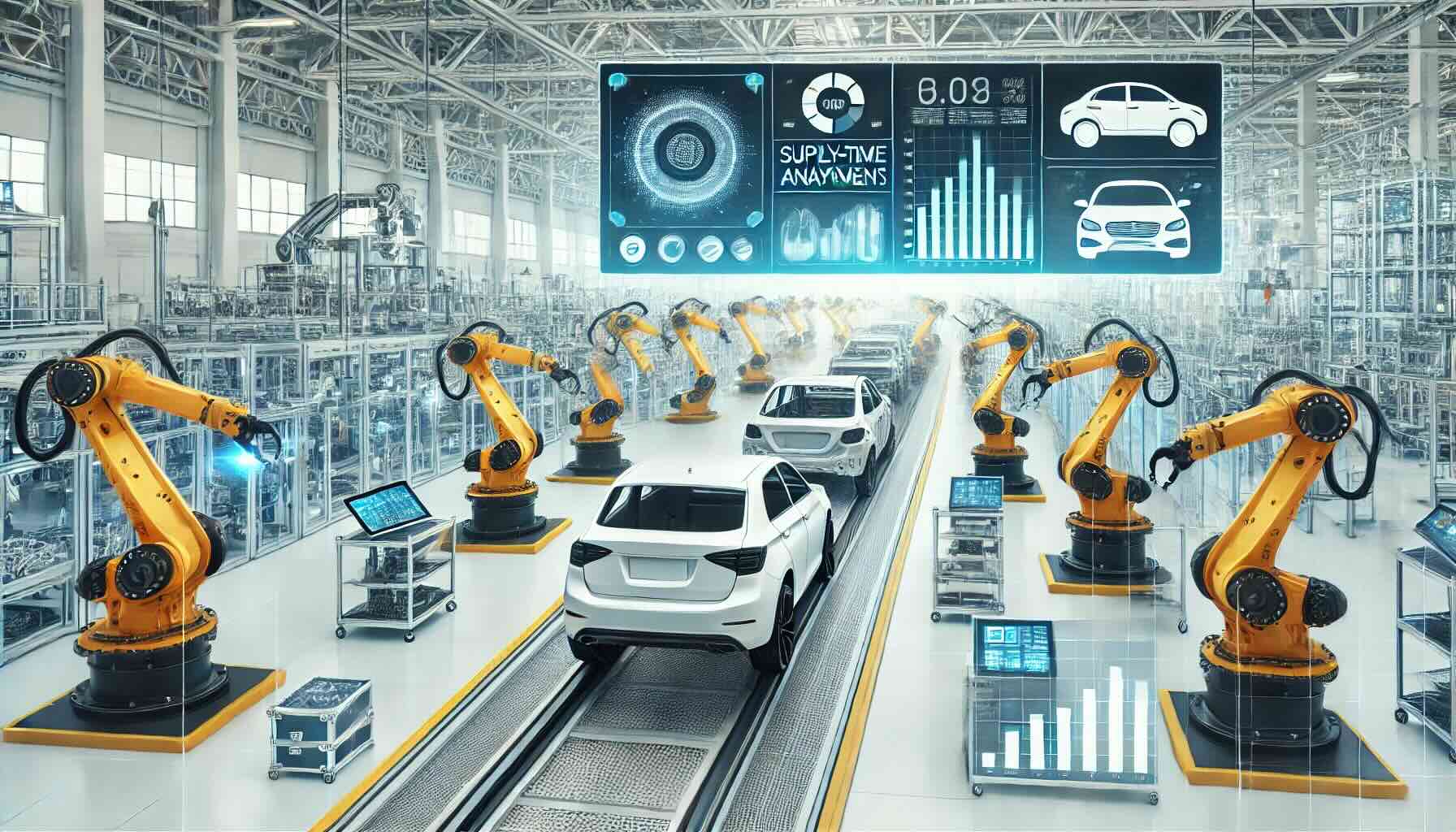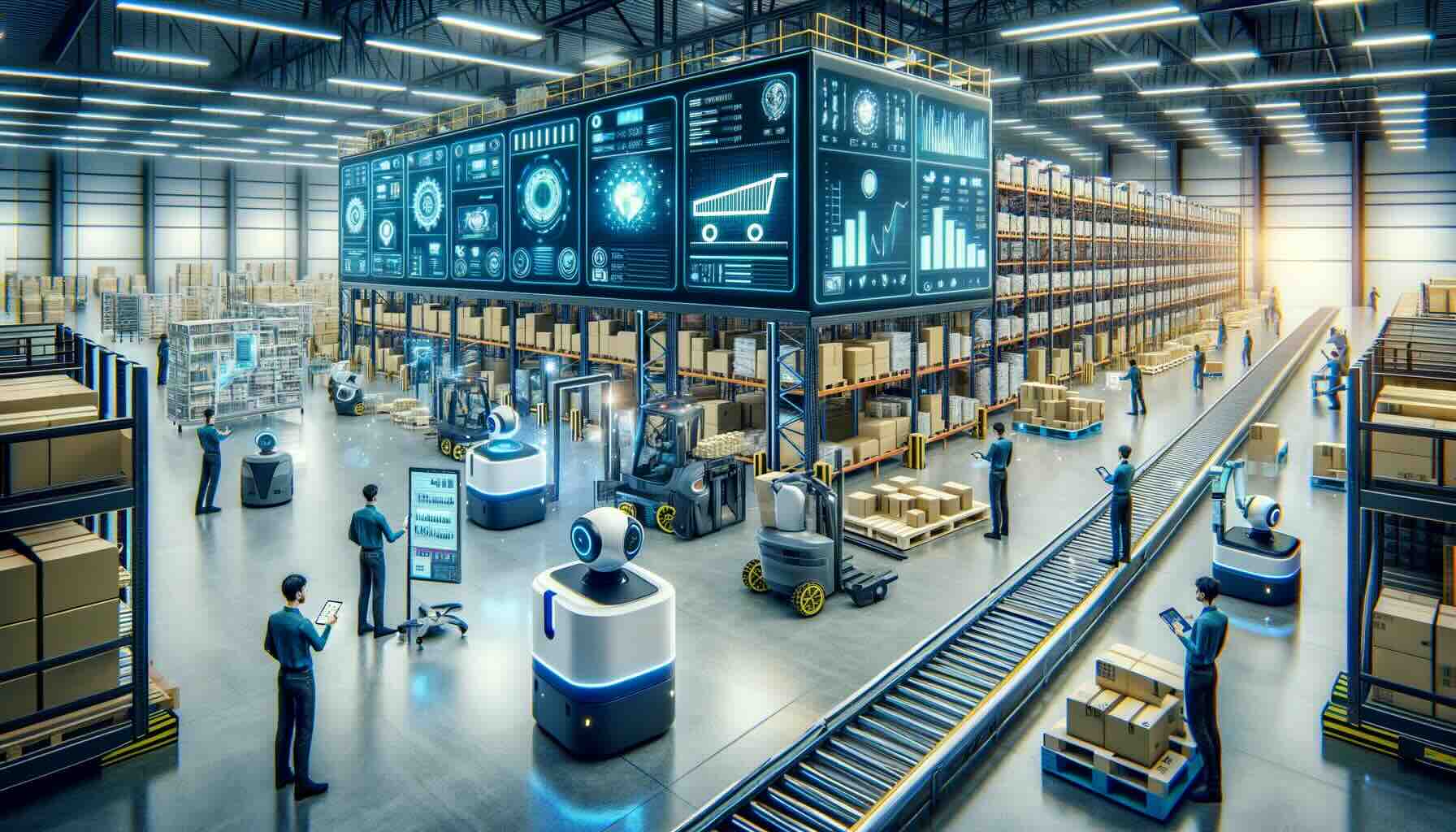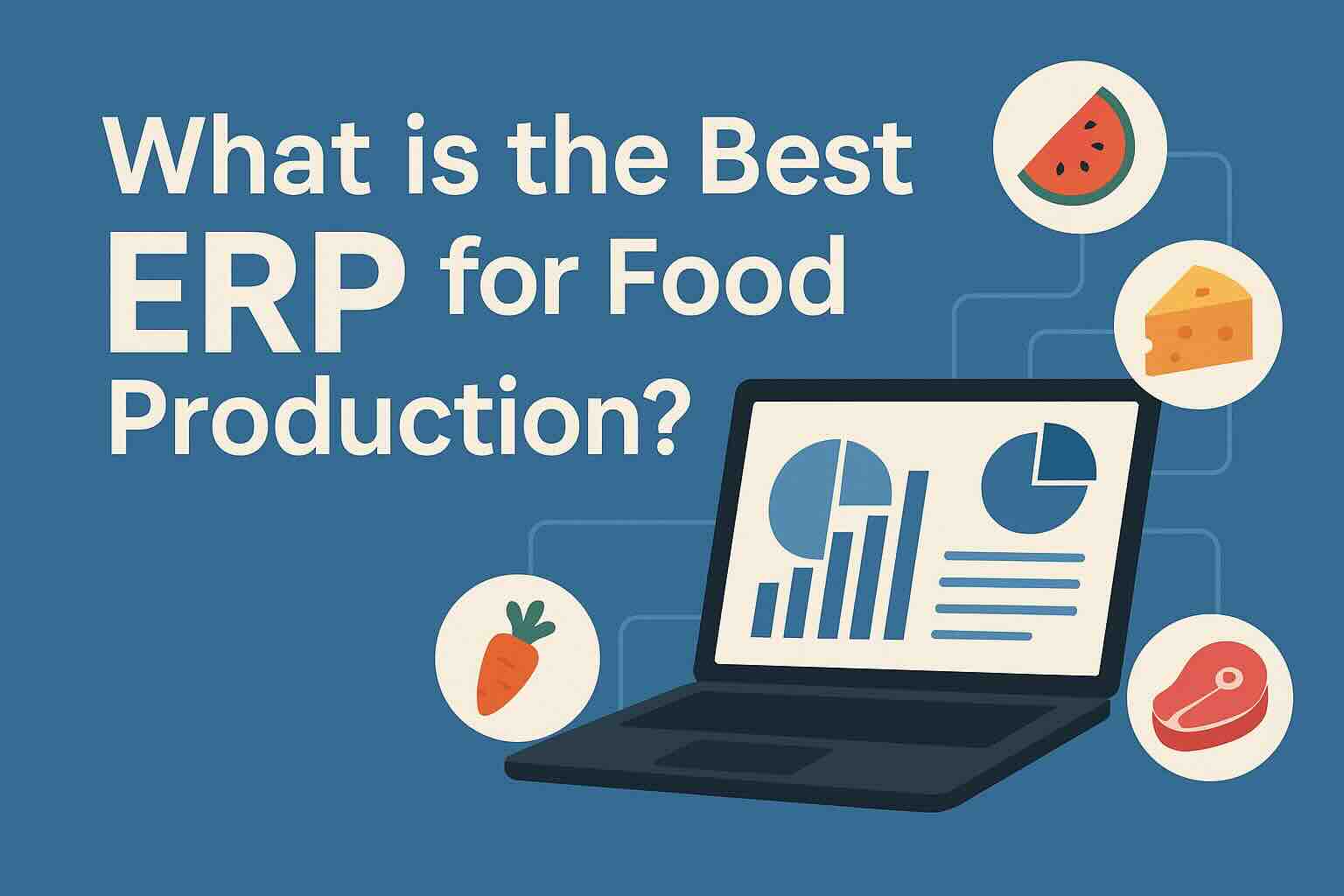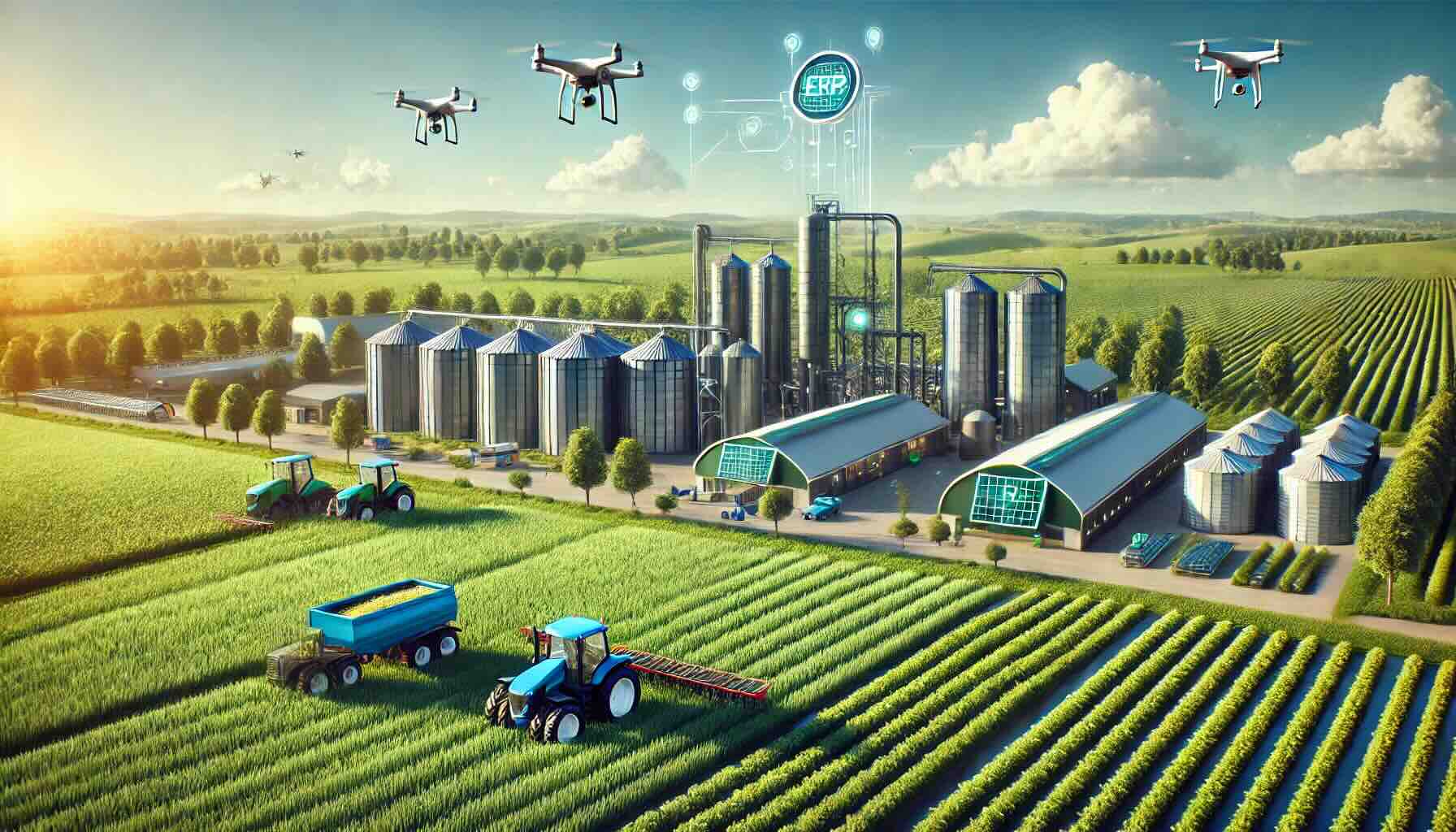Which ERP is Best for the Apparel Industry?

The apparel industry, known for its fast-paced and ever-changing nature, requires businesses to juggle multiple moving parts—inventory, production, distribution, and customer demands—while staying ahead of trends. To remain competitive, companies must streamline operations and improve efficiency. That’s where Enterprise Resource Planning (ERP) software comes in. But with countless ERP solutions available, selecting the right one for your apparel business can be daunting.
In this guide, we’ll explore what makes ERP for the apparel industry unique, the key features to look for, and the top ERP systems best suited to meet the needs of fashion and apparel businesses.
Why the Apparel Industry Needs ERP Software
The apparel sector faces unique challenges, including rapid product lifecycle changes, high inventory turnover, and complex supply chains. An industry-specific ERP solution can address these challenges by enabling seamless integration of various business processes.
Here’s why ERP is indispensable for the apparel industry:
- Efficient Inventory Management: Apparel businesses often handle a large variety of SKUs, including size, color, and style variations. ERP systems provide real-time inventory tracking to avoid overstocking or understocking.
- Complex Production Planning: Managing multiple product lines, seasons, and trends requires robust production planning capabilities. ERP solutions ensure efficient resource allocation and better production scheduling.
- Supply Chain Optimization: Apparel businesses rely on a global supply chain, which includes raw material suppliers, manufacturers, and distributors. An ERP system enables better collaboration and visibility across the supply chain.
- Speed-to-Market: In a fast-moving industry like apparel, staying ahead of the competition means getting products to market quickly. ERP software streamlines processes to reduce lead times and improve time-to-market.
- Data-Driven Decisions: By consolidating data across all departments, ERP solutions provide actionable insights, empowering businesses to make informed decisions.
Key Features to Look for in an ERP for Apparel Industry
Not all ERP solutions are created equal. When choosing an ERP for your apparel business, look for features tailored to the unique requirements of the industry:
- Style, Size, and Color Matrix: The ability to manage multiple product attributes such as size, color, and style is critical for apparel companies.
- Product Lifecycle Management (PLM): A good ERP system integrates PLM to streamline design, development, and production processes.
- Inventory and Warehouse Management: Advanced inventory tracking, barcode scanning, and warehouse automation are essential to ensure accuracy and efficiency.
- Demand Forecasting: Predicting demand is crucial to avoid overproduction or stockouts. Look for an ERP that offers robust demand planning and forecasting tools.
- Multi-Channel Sales Integration: Apparel businesses often sell through multiple channels—retail stores, e-commerce platforms, and wholesale. Choose an ERP that integrates seamlessly with all sales channels.
- Global Supply Chain Management: For businesses sourcing materials or selling internationally, ERP software should offer features like multi-currency support, trade compliance, and logistics tracking.
- Customization and Scalability: Apparel businesses grow and evolve rapidly. Select an ERP that can scale and be customized to meet your unique needs.
- Mobile and Cloud Capabilities: Cloud-based ERP solutions offer flexibility, accessibility, and lower upfront costs, making them a great choice for modern businesses.
Top ERP Systems for the Apparel Industry
SAP Business One
SAP Business One is a robust ERP solution ideal for small to medium-sized businesses that need advanced inventory management and production planning capabilities.
- Pros: Comprehensive functionality, real-time analytics, highly customizable, supports global operations.
- Cons: High cost, steep learning curve, time-consuming customizations.
- Best For: Medium to large companies with global operations.
To find out more about SAP Business One you can visit this link.
Oracle NetSuite
Oracle NetSuite is a cloud-based ERP system known for its scalability and versatility, making it an excellent choice for rapidly growing apparel businesses.
- Pros: Cloud-based, scalable, automation, multi-channel integration.
- Cons: Expensive, complex implementation, slow customer support.
- Best For: Growing apparel businesses with multi-channel sales.
To find out more about Oracle NetSuite you can visit this link.
Microsoft Dynamics 365
Microsoft Dynamics 365 combines ERP and CRM functionalities, offering end-to-end solutions for the apparel industry.
- Pros: Seamless Microsoft integration, AI-powered analytics, flexible modules, supports e-commerce.
- Cons: High cost, steep learning curve, lengthy implementation.
- Best For: Businesses invested in the Microsoft ecosystem.
To find out more about Microsoft Dynamics you can visit this link.
ApparelMagic
As the name suggests, ApparelMagic is an ERP solution built specifically for the apparel and fashion industry. It focuses on streamlining design, production, and sales.
- Pros: Industry-specific, affordable, easy to use, e-commerce integration.
- Cons: Limited scalability, fewer advanced features, customization limitations.
- Best For: Small to medium-sized apparel businesses looking for an affordable, industry-specific ERP.
To find out more about ApparelMagic you can visit this link.
BlueCherry by CGS
BlueCherry is a feature-rich ERP system designed exclusively for the fashion and apparel industry. It focuses on supply chain management and product lifecycle management.
- Pros: Comprehensive PLM, real-time supply chain visibility, global reach.
- Cons: Expensive, complex, and time-consuming implementation.
- Best For: Medium to large apparel businesses with supply chain challenges.
To find out more about BlueCherry you can visit this link.
Infor CloudSuite Fashion
Infor CloudSuite Fashion is a cloud-based ERP tailored for the fashion and apparel industries, offering deep industry-specific functionality.
- Pros: End-to-end solution, sustainability tracking, advanced analytics.
- Cons: High cost, complex implementation, overkill for smaller businesses.
- Best For: Large enterprises focused on sustainability and supply chain management.
To find out more about Infor you can visit this link.
Choosing the Right ERP for Your Business
Selecting the best ERP for your apparel business requires a careful evaluation of your company’s size, complexity, and growth plans. Here are some tips to make the right choice:
- Understand Your Needs: Identify the specific pain points you want the ERP system to address.
- Evaluate Scalability: Ensure the ERP can scale as your business grows.
- Check Vendor Expertise: Choose a vendor with experience in the apparel industry.
- Request a Demo: Always ask for a live demo to see how the ERP will work for your business.
Conclusion
Investing in the right ERP for the apparel industry can transform your business, improving efficiency, reducing costs, and enhancing customer satisfaction. Whether you’re a small boutique or a global apparel brand, there’s an ERP solution tailored to meet your needs. Evaluate your options carefully and choose a system that aligns with your business goals. With the right ERP in place, your apparel business can stay ahead of the competition and thrive in today’s fast-paced market.
Ready to Transform Your Apparel Business?
Implementing the right ERP system could be the game-changer your business needs. With our AI-powered Compare ERP tool, you can effortlessly explore and compare solutions tailored to your unique business needs. It’s free to use, and you’ll receive a guaranteed discount on your first year’s license fees with a referral from Compare ERP. Take the first step toward streamlining your processes and boosting productivity and start comparing today!
